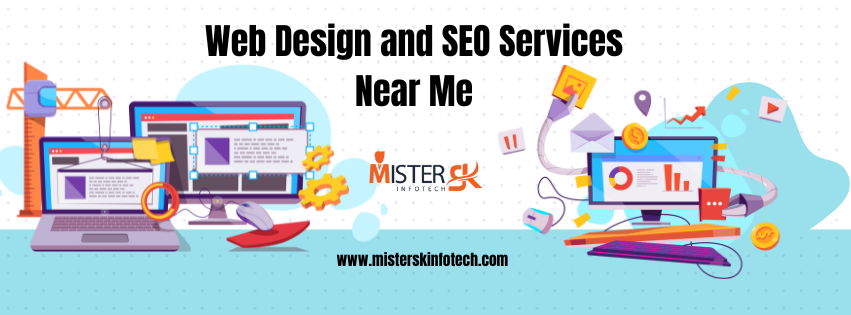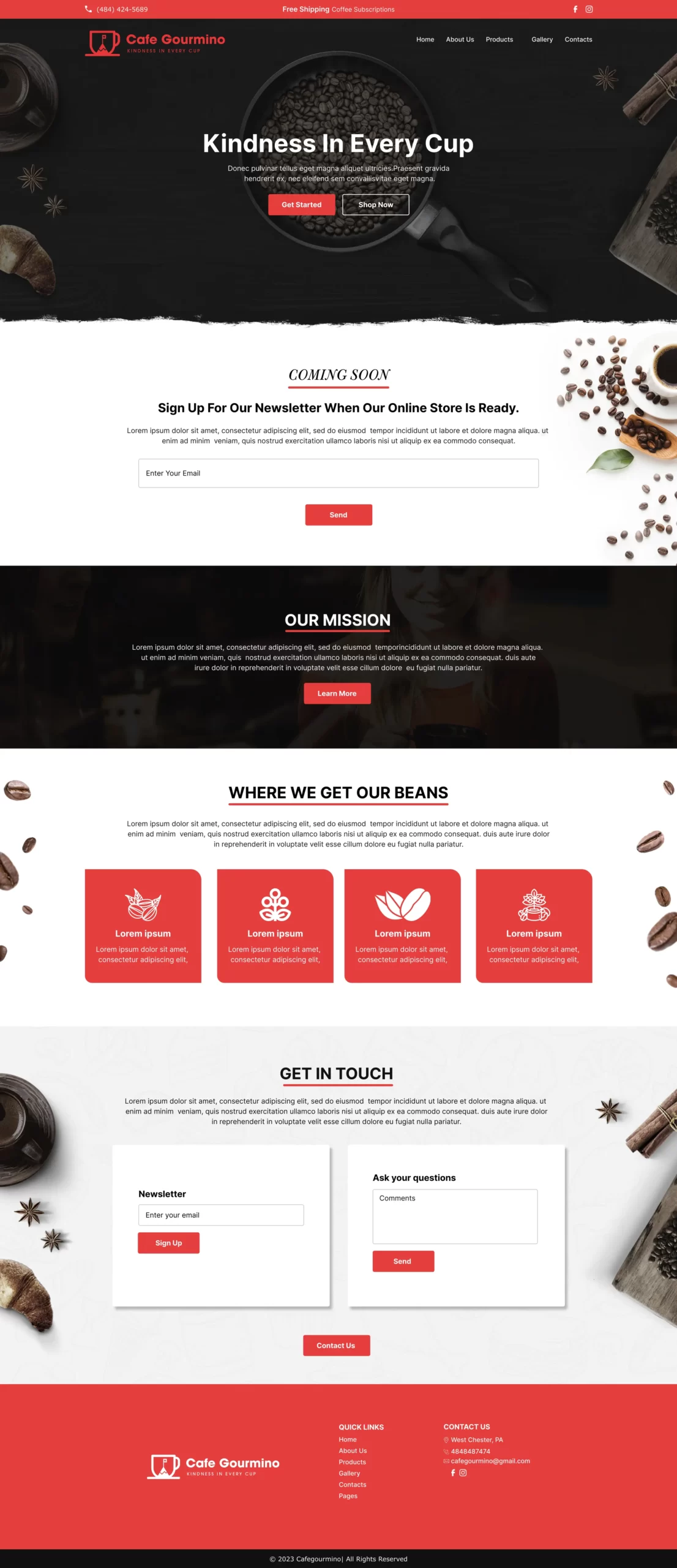Dropshipping has emerged as a powerful business model in the eCommerce world, offering entrepreneurs a simple, low-risk way to start selling products online. Whether you’re considering launching a new business or adding a new revenue stream to an existing one, dropshipping can be an excellent choice.
In this comprehensive guide, we’ll explore everything you need to know about dropshipping—from how it works to its advantages and challenges. As experts in Shopify website development, MisterSk Infotech is here to help you build a solid eCommerce platform to support your dropshipping venture.
What is Dropshipping?
Dropshipping is a fulfillment model where sellers don’t stock inventory. Instead, when a store sells a product, it purchases the item from a third party, typically a wholesaler or manufacturer, who ships the product directly to the customer. This way, the seller doesn’t have to worry about managing inventory, storing goods, or handling the shipping process.
In short, dropshipping allows you to sell products without needing to own or stock them. You can focus on running your online store while your suppliers handle the logistics.
How Does Dropshipping Work?
Dropshipping involves three main players:
- The Customer: The person who places the order on your eCommerce site.
- The Seller (You): The owner of the online store who markets and sells the products.
- The Supplier: The wholesaler or manufacturer that holds the product inventory and ships it to the customer.
Steps how the dropshipping process works:
- Customer Places an Order: A customer visits your online store, browses your products, and makes a purchase.
- You Forward the Order to the Supplier: After receiving the order, you forward the customer’s details (product, address, etc.) to your supplier.
- The Supplier Sends the Product: The supplier packages and delivers the product straight to the customer.
- You Keep the Profit: You pay the supplier the wholesale price for the product, and the difference between that and the selling price is your profit.
This hands-off approach has made dropshipping an attractive business model for entrepreneurs who want to focus more on marketing and customer relationships and less on operations.
Why is Dropshipping So Popular?
Dropshipping’s popularity has skyrocketed in recent years, and for good reason. It offers a range of benefits, especially for those looking to start an eCommerce business with minimal upfront investment.
1. Low Startup Costs
One of the biggest advantages of dropshipping is that you don’t need to purchase products upfront. Traditional retail models require significant investments in inventory, warehousing, and logistics. With dropshipping, you only pay for products after you’ve made a sale, drastically reducing the initial capital needed.
2. No Need for Inventory Management
Since your suppliers handle product storage and shipping, you don’t need to worry about managing inventory. This eliminates the need for warehousing space and costly stock management systems. In essence, you can run your business from virtually anywhere with an internet connection.
3. Flexibility and Scalability
Dropshipping offers a flexible business model that’s easy to scale. Because you don’t have to manage stock or fulfillment, adding new products to your online store is simple. As your business grows, you can expand your product offerings without the logistical headaches of maintaining an inventory.
4. Wide Product Selection
With dropshipping, you’re not limited by the products you can physically store. This allows you to offer a broad range of items to your customers, making it easier to tap into different market niches or test new products with minimal risk.
5. Focus on Marketing and Sales
Without the responsibility of shipping or inventory management, you can focus your time and resources on customer acquisition, marketing, and building your brand. A strong marketing strategy is key to success in dropshipping, allowing you to attract more customers and increase your sales.
Challenges of Dropshipping
While dropshipping has a lot of advantages. It’s important to understand the potential downsides so you can plan effectively and avoid common pitfalls.
1. Lower Profit Margins
Many dropshipping businesses operate with small markups, which means you need a high volume of sales to generate significant profit. You may also face price competition from other dropshippers selling the same products.
2. Lack of control over product quality and shipping processes
Since you’re not directly handling the products or shipping, you have less control over the quality and speed of delivery. If a supplier makes an error in the order or ships a defective product, it reflects poorly on your brand, even though it wasn’t your fault. This can lead to unhappy customers and potential reputational damage.
3. Supplier Dependence
Your entire business model relies on your suppliers. If a supplier runs out of stock, delivers late, or discontinues a product, it can disrupt your operations. Finding reliable suppliers is crucial for success in dropshipping, and managing supplier relationships is an ongoing task.
4. Difficulties with Branding
Because dropshipping products often come from third-party suppliers, it can be difficult to create a branded experience for your customers. Custom packaging, branded inserts, or other personalized touches are not always available when you’re dropshipping.
5. Customer Service Challenges
When you’re not directly handling product fulfillment, resolving customer issues can be more complex. If a customer faces an issue with their order—such as a delayed shipment, incorrect item, or quality concern—you’ll need to mediate between the customer and the supplier, which can delay the resolution process.
How to Start a Dropshipping Business with Shopify
Shopify is one of the most popular platforms for starting a dropshipping business, and for good reason. It’s user-friendly, scalable, and offers a wide range of features tailored to eCommerce businesses. You get started step by step.
1. Choose a Niche
Before setting up your store, it’s important to decide what products you want to sell. Focus on a niche that has demand but isn’t oversaturated. Research trends, check competitor stores, and identify potential gaps in the market.
2. Set Up Your Shopify Store
Once you’ve chosen a niche, you can set up your Shopify store. Shopify offers a variety of customizable themes, so you can create a unique and professional-looking online store with ease. If you need help with this step, MisterSk Infotech specializes in Shopify website development and can assist you in building a high-converting eCommerce site.
3. Find Reliable Suppliers
Next, find suppliers who offer the products you want to sell. You can use dropshipping apps like Oberlo, Spocket, or AliExpress to connect with suppliers. Remember, the reliability and quality of your suppliers can make or break your dropshipping business, so choose carefully.
4. Add Products to Your Store
After you’ve partnered with suppliers, you can begin adding products to your Shopify store. Make sure to write compelling product descriptions, use high-quality images, and set competitive pricing.
5. Market Your Store
Now that your store is live, it’s time to start attracting customers. Invest in digital marketing strategies like SEO, social media marketing, influencer collaborations, and paid ads to drive traffic to your store. Remember, marketing is key to the success of any dropshipping business.
Conclusion
Dropshipping offers a fantastic opportunity for entrepreneurs looking to start an online business with minimal risk. It’s flexible, scalable, and allows you to focus on what really matters—building your brand and driving sales. However, it’s not without its challenges, and success requires finding reliable suppliers, managing customer expectations, and maintaining a competitive edge. If you’re ready to dive into dropshipping or need help setting up a high-converting Shopify store, MisterSk Infotech is here to help. We specialize in developing custom Shopify websites tailored to your business needs, ensuring you have the tools to succeed in the competitive world of eCommerce


































